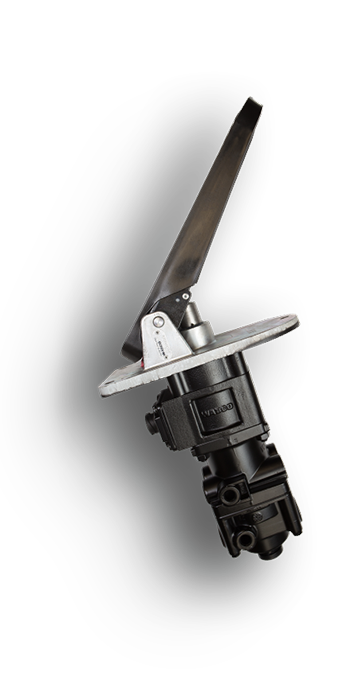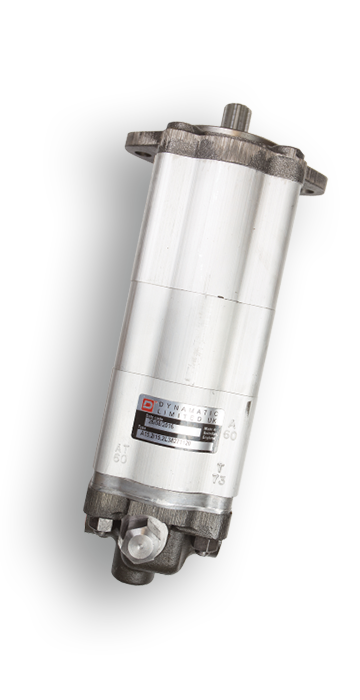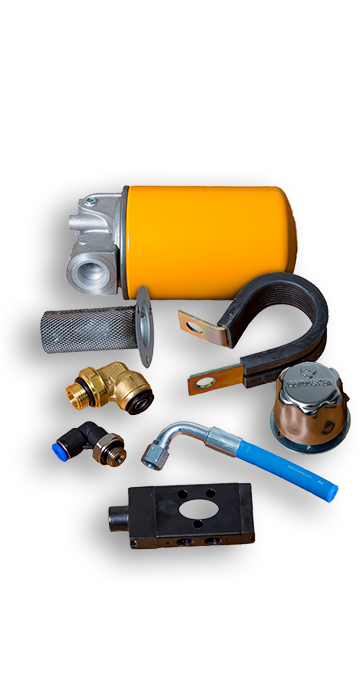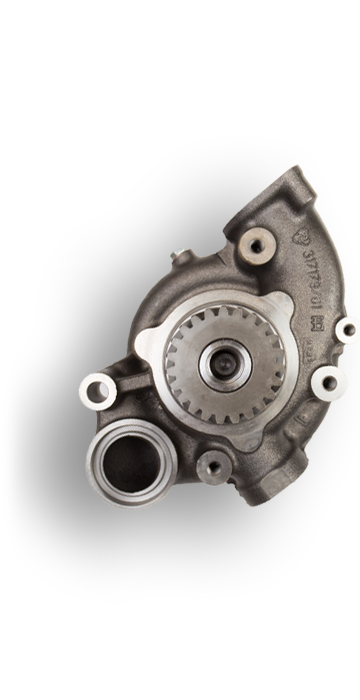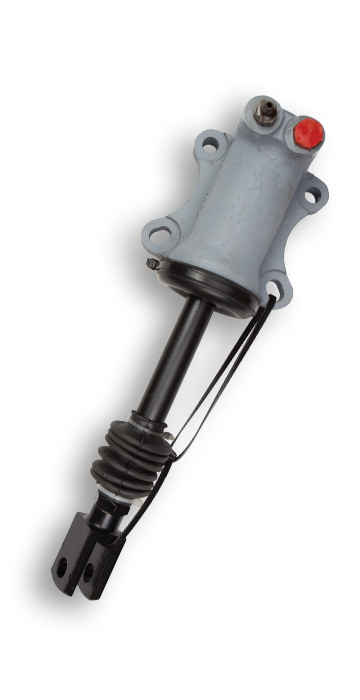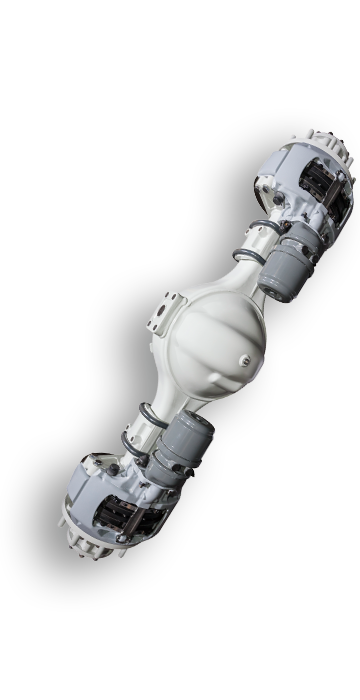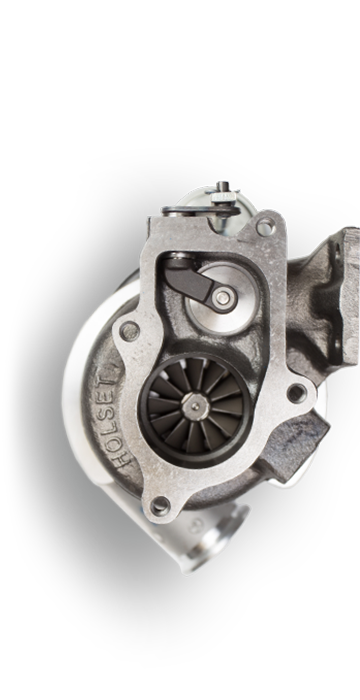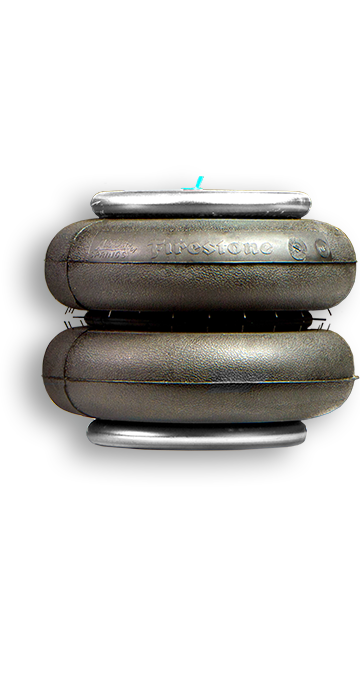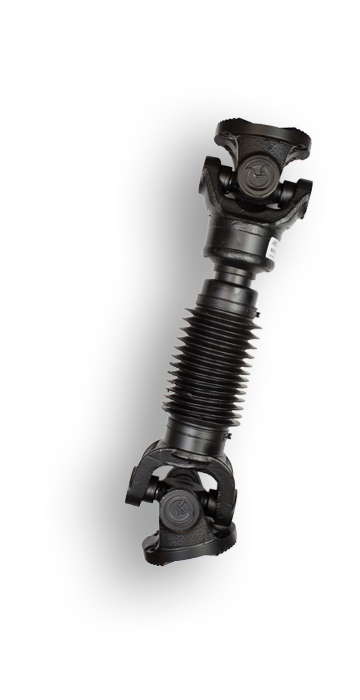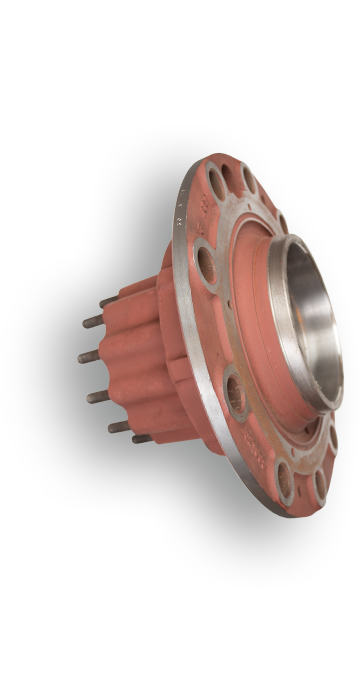It goes without saying that the primary activity of any business is to return a profit, based on sound commercial stewardship and delivering on the company’s promises. Most businesses experience peaks and troughs in trading but quite often during difficult economic conditions, employee training is one of the first areas to be sacrificed.
When times are tight, cutting expenditure on training may seem like an easy option to reduce overheads but this can often be a false economy. A business should consider the circumstances when trading is buoyant and everyone’s flat out. Equally, it can be almost impossible to schedule in time for that all-important skills training, leading to something of a catch 22. So, when is the right time to train?
Those businesses best placed to meet the demands of a growing economy are ones that have made themselves fit for purpose during leaner periods, in a process of ‘proactive hibernation’, whereby they are poised to take advantage of new opportunities by having a highly skilled and motivated workforce ready, in order to get ahead of the competition.
Understandably, many might say, “that’s all very well but what if I train my staff only for them to leave when the jobs market improves?” This is not the most important question. Instead, consider this scenario, “What will happen to my business if I don’t train my staff and they stay?”
Now is a good time to take an objective look at skills, particularly in light of new PSV powertrain technologies entering operation. Do all relevant workshop personnel have the required qualifications and competencies and if not, what’s the plan for ensuring compliance?
A recent survey in the light vehicle industry discovered that almost one third of UK car dealerships were unprepared for the servicing and maintenance of Alternate Fuel Vehicles (AFVs). Indeed, the Institute of the Motor Industry claims that just 1% of all UK technicians have the qualifications needed to work on high-voltage electric cars, yet registrations of these zero emissions vehicles are growing significantly.
Whilst figures on this issue are not yet available in the PSV sector, an increasing number of transport providers are adding a mix of electric and diesel hybrid buses to their fleets, as the UK leads the way in Europe in AFVs for public transport. On the Continent, there are currently over 1,300 electric buses delivered or on order, including battery buses (overnight and opportunity charged), plug-in hybrids and trolleybuses with batteries for off-wire operation. The UK has the largest number of these buses with over 18% of the total European fleet, followed by the Netherlands, Switzerland, Poland and Germany, with around 10% each.
In November 2016, London mayor Sadiq Khan said that ‘that no more pure diesel double-deck buses will be added to the capital’s fleet from 2018. Transport for London (TfL) has insisted that it will honour a pledge to phase out the purchase of conventional diesel buses and only procure green vehicles (hybrid or zero emission) from next year.’
Such commitments mean that, in a relatively short space of time, the PSV fleet will be operating the most advanced passenger vehicles in production, alongside diesel technology that’s been in use for over 20 years. The pressing question is, who is going to maintain them in the years ahead?
Research undertaken by the now defunct UK Commission for Employment and Skills found that skills shortage vacancies across all industry sectors, where an employer is unable to find suitably qualified candidates, account for 20% of all available jobs, having increased by almost 5% since 2011.
It’s the view of leading PSV parts distributor, Imperial Engineering, that ‘home grown’ talent provides meaningful return on investment and there are plenty of industry studies to show that Apprenticeships deliver significant payback to employers that nurture and develop their workforce. Imperial Engineering has been an advocate of bus and coach technician apprenticeships for several years. The company actively supports apprentices at the grassroots level through a number of measures. These include organising training sessions with Imperial Engineering’s OEM suppliers such as Knorr-Bremse, Haldex and Wabco for customers including Arriva, Go Ahead, London United and Metroline and the provision of training materials to support engineering apprentices. Imperial Engineering also supports the recognition of apprentices, such as sponsorship of Arriva’s Apprentice of the Year, since its inception in 2012 and also Metroline’s annual Service Awards in the category, Apprentice of the Year.
According to Imperial Engineering, employees who feel valued are more motivated and therefore likely to perform better. Investing in career progression is not only a productive force for staff, it can help managers ensure that the business is well equipped with the right structure, skills and people to meet an improving business climate.
John Dwight, Imperial Engineering’s Sales Manager comments:
“Although gains have been made in expanding the economy, there needs to be a broad focus on succession planning and making our industry as attractive as possible to new recruits. I believe that the multi-skilled engineer will be in great demand in the years ahead. Historically, the bus and coach sector employed bodywork, electrical and mechanical engineers. Bus companies are now expecting engineers to possess a combination of skills. With the amount of electronics on vehicles advancing rapidly, individuals who are technically competent in diagnostics and programming components will be in high demand. Such skills will become a major currency in business of the future, so there needs to be a seismic shift in the UK’s approach to careers and vocational training if perceptions are to be changed. Imperial Engineering will continue to do its bit to help achieve this.”
